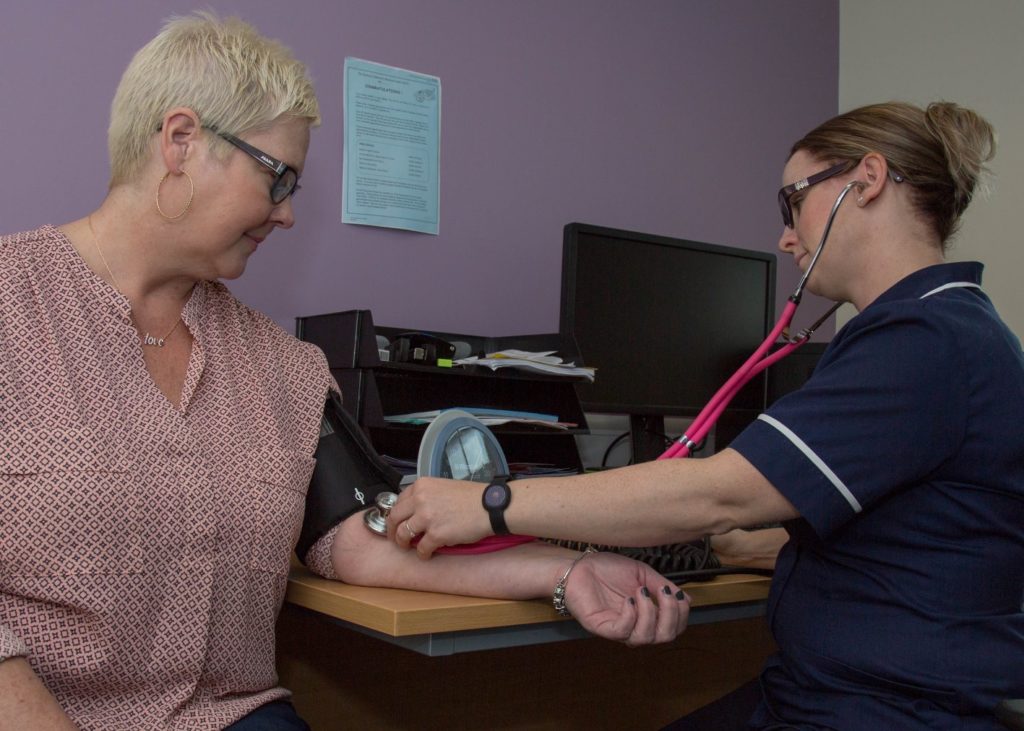[dropcap type =”circle”]F[/dropcap]rom April this year, people at risk of Type 2 diabetes in Buckinghamshire and Oxfordshire will be offered tailored support to avoid the potentially life-threatening condition.
A successful bid to be selected by NHS England as participants in the pioneering NHS Diabetes Prevention Programme was put together by the clinical commissioning groups (CCGs) and county council public health departments in Buckinghamshire and Oxfordshire. As a result, people identified as being at high risk by their GP will be offered education and lifestyle coaching to reduce their risk of Type 2 diabetes.
Type 2 diabetes can cause serious health issues including blindness and kidney failure as well as complications resulting in amputation. In some cases people with the condition can develop life-threatening conditions such as heart disease. It is estimated that diabetes costs the NHS around £10 billion a year.
Dr Stuart Logan, Clinical Director for Long Term Conditions for both Buckinghamshire CCGs, said: “We know that people who are helped to make lifestyle changes can dramatically reduce their risk of developing Type 2 diabetes, so we are delighted to be able to increase the diabetes prevention work we are doing and know that this will benefit more people in the local area.”
Dr Amar Latif, Clinical Lead for Long Term Conditions for Oxfordshire Clinical Commissioning Group, said: “This is a really exciting opportunity for us to tackle the ticking time bomb that is diabetes. Prevention is the best approach and I believe patients will embrace the scheme knowing they’re taking a positive step towards a healthier future.”
Buckinghamshire and Oxfordshire is one of 13 areas across the country selected to take part in a further roll-out of what is the world’s first nationwide programme to stop people developing Type 2 diabetes.
The programme will support 100,000 people a year across the whole country by 2020 through tailored, personalised help to reduce their risk, including education on healthy eating and lifestyle, help to lose weight and bespoke physical exercise programmes, all of which have been proven to reduce the risk of developing the disease.
Anyone worried about the risk of diabetes and what they can do to reduce their risk can find out more at www.nhs.uk/diabetes

